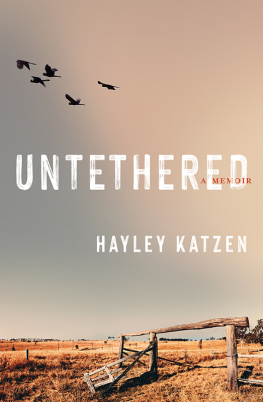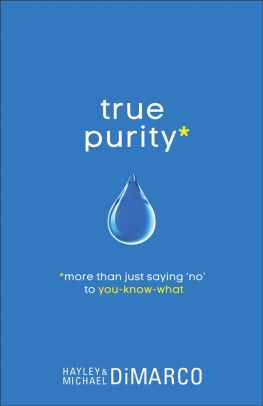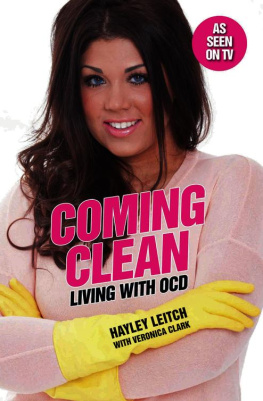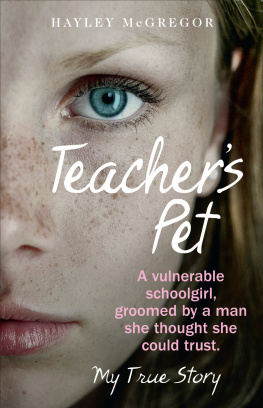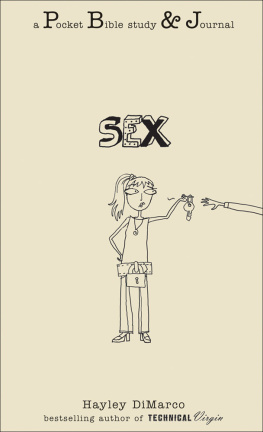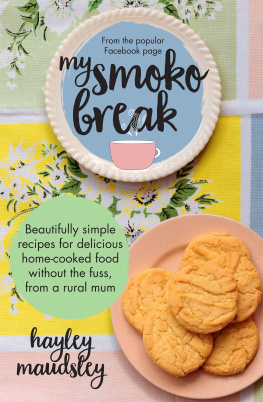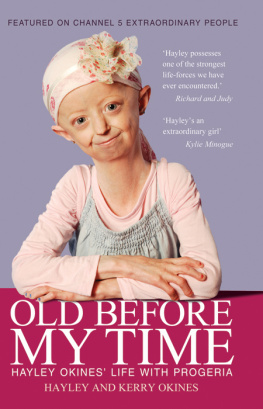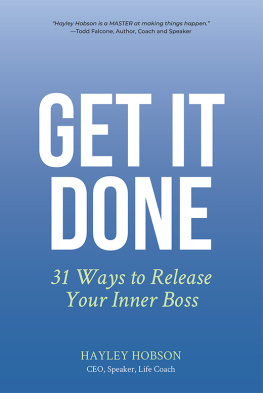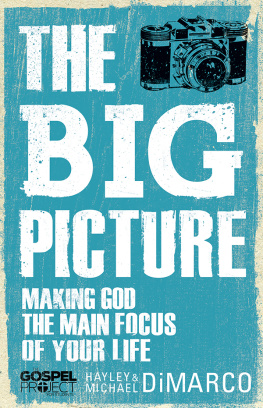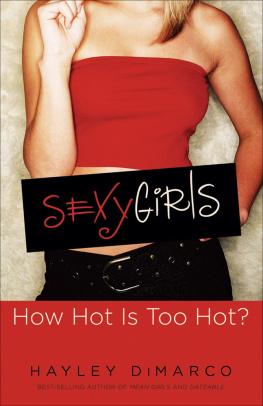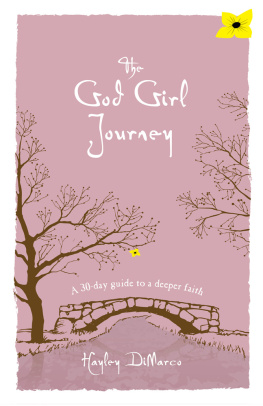HAYLEY KATZEN migrated from South Africa to Australia in 1989. In Sydney, she graduated with an LLB and worked in public law and law reform before making a sea change to the North Coast of NSW to work as a law lecturer and researcher. In 2005, Hayley moved to her girlfriends cattle farm in the Australian bush and it was here she learned the crafts of short story and essay writing and completed an MFA (Creative Writing). Her writing has won competitions, been read on ABC radio and Queerstories and been published in Australian, American and Asian journals and anthologies including Australian Book Review, Griffith Review, Southerly, Fourth Genre and Kenyon Review. Untethered is her debut memoir.
UNTETHERED
This book is published by Ventura Press
PO Box 780, Edgecliff NSW 2027 Australia
www.venturapress.com.au
Copyright Hayley Katzen 2020
All rights reserved. No part of this book may be reproduced or transmitted in any form or by any means, electronic or mechanical, including photocopying, recording or by any other information storage retrieval system, without prior permission in writing from the publisher.
Nessie Bell, poetry from Down Through The Years 2001 and Dreams of a Dreamer
2011. Reprinted with the permission of Edgar Bell on behalf of the Estate of the late Nessie Bell.
Eula Biss, excerpt from Back to Buxton from Notes from No Mans Land. 2009, 2018 by Eula Biss. Reprinted with the permission of The Permissions Company, LLC on behalf of Graywolf Press, www.graywolfpress.org.
ISBN: 978-1-920727-44-4 (paperback)
ISBN: 978-1-920727-45-1 (ebook)
Cover and internal design by Deborah Parry Graphics
UNTETHERED
HAYLEY KATZEN

For Jen
and for my mother
We are entirely made up of bits and pieces, woven together so diversely and so shapelessly that each one of them pulls its own way at every moment. And there is as much difference between us and ourselves as there is between us and other people.
Michel de Montaigne, On the Inconstancy of Our Actions
CONTENTS

PART ONE:
ROMANCE
For without hearts there is no home.
Don Juan, Lord Byron
TYWYAH
WHERE THE HELL ARE WE? I said to my game-for-anything buddy. Id counted four pubs and three butchers as we drove along the main street of the small country town.
Casino, she said. The beef capital.
Where even the radio stations named for cattle? I said as I read out a billboard: COW FM.
I flicked through the CDs in the console. I couldnt remember any more songs from Grease, The Sound of Music or Jesus Christ Superstar. My friend launched into Dont Cry for Me Argentina.
I joined in for the chorus, replacing Argentina with South Africa. Six and a half years earlier in January 1989, as an impatient and determinedly independent 22-year-old, Id migrated to Australia. My stepfather, whose oldest sons had already migrated, had facilitated the golden opportunity: a permanent residency visa. My fathers sudden death had catapulted my decision to emigrate immediately, ahead of my mother and stepfather: I needed a safe home. I was no Eva Peron but leaving South Africa, mired then in a draconian state of emergency, had felt like a betrayal of the national democratic struggle and of the courageous and moral self I aspired to be. At the same time, I was deeply grateful for migrations privileges: to study and live in a safe and peaceful country, free of the fears and insecurities, the alienation and guilt that came with being white and Jewish in apartheid South Africa.
Lismore, where I taught law at the university, was thirty kilometres behind us. Byron Bay, with its ropey fig trees and camphor laurels, sugarcane and white beaches, an hour and a half behind us. A year ago, hoping to find somewhere I might belong, Id taken sick leave from my paid and unpaid legal jobs in Sydney, loaded my white hatchback and, together with my housemate, headed north.
As my friend belted out another verse, I examined the mud map on the back of the invitation to Jens fortieth birthday party. We still had another ninety kilometres to go before we got to Tywyah and this had all been my idea.
Id met Jen two days earlier, watched as shed roped a load of mattresses and bags of horse feed to her blue truck. I was intrigued. Id never met a woman who talked of loads and truckies knots.
But on that spring evening, I was more interested in a woman with deep brown eyes and a shaved head. Wed circled each other a fortnight before at a Tropical Fruits dance, and Id finally found an excuse to drop by the converted stables where she lived. I tried not to look at the bed I longed to lie on. I rolled and smoked cigarette after cigarette. My blood, my breath, my heart all moved too fast. My words tumbled and tripped. I wanted to be there, and I wanted to run away. The arrival of the womans friends, Jen and her carpenter girlfriend, was a salve. The invitation to Jens birthday party on her farm was gold: a chance to see my crush again, and a chance to get to know more women in this new community.
Why would you want to live out here? I wondered aloud as we drove on, past endless barbed-wire fences, past skinny cows and horses floating in paddocks bleached of colour, and then up and over a mountain range for more barbed wire and lonely houses. As the sun was setting, we clattered over a wooden bridge signposted Hamiltons Crossing and pulled up at the mud maps X: a red mailbox with the sign Tywyah.
Weird name. How do you even say it? Tiwieh?
Maybe tie-why-ah, my friend said.
I got out to open the gate. Gross. Can you smell that?
What a tough, hot, dry, ugly place. I climbed back into the car and notched up the volume on Jane Siberrys Calling All Angels.
We followed the arrows across a mustard-brown paddock; past a cows body, her ribs a scaffolding without the skin; through a dry gully and up a rocky and rutted driveway. Just when the car demanded another gear, an oasis appeared amid the spotty gum trees: a crowd of women, some standing around a bonfire, some lounging on sofas beneath a passionfruit vine on the wide verandah of a mudbrick house.
I fluffed my short hair in the side mirror, for a fraction of a second not recognising myself. A couple of years earlier Id cut my wild mane short in the hope Id look more dykey and find my place in Sydneys lesbian community.
As we hesitantly walked through the open gate, Jen welcomed us.
Thanks for the invitation, I said. Weve been trying to work out how to say the name of this place. Is it Ti Tiwi ah?
She laughed. Tie-wire. As in tying the wire. You know that wire used in bush building?
No, I said, looking completely blank.
Everything here was built with poles and wire. So thats what we called the place. We were taking the piss out of everyone buying bush blocks or hobby farms and calling them exotic names like Bella Vista.
We joined the gathering and, not long after, a friend from town, dressed in red leather chaps, said, Hey, you girls, we need some performances. Can you whip something up?
Someone suggested a song, someone had a guitar, and before I knew it I was led over to the stables into what was called a tack room. There were saddles and helmets, reins and bridles, whips and chains. Why the hell not? I thought, as I stripped down to black bra and denim shorts.
An hour later, in front of a crowd of women, most of whom I didnt know, I mock-kissed a bare-breasted woman in a harness and helmet. I wore elasticised workboots and sported a whip. Bridles, reins and chains trellised my pale freckled nakedness. We were the dancers, the girls behind us the guitarists and singers for a spontaneous performance of Wild Thing.
Next page
